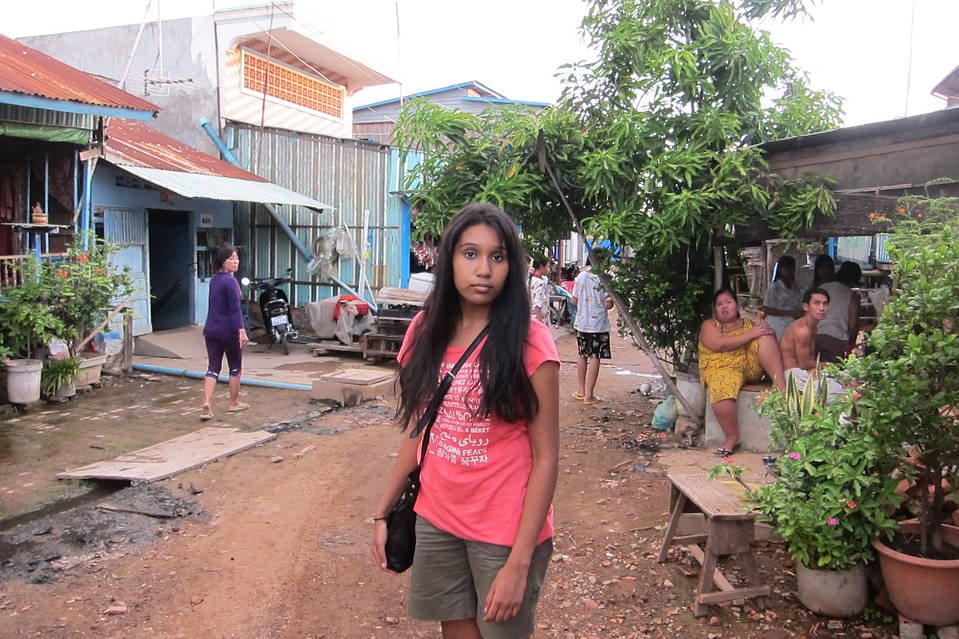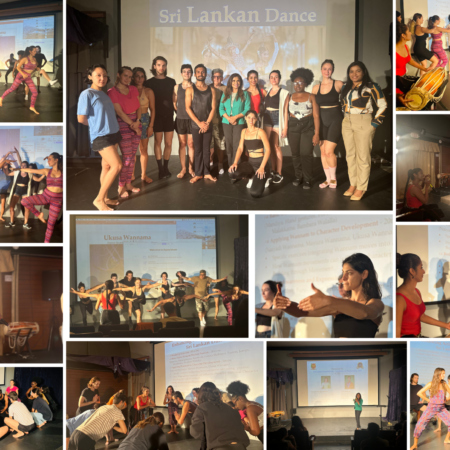At 19, Cheryl Perera founded OneChild Network and Support to combat the sexual exploitation of children
By HANNAH BLOCH
When Cheryl Perera was 16 and a 10th-grade student in suburban Toronto, she embarked on a civics project researching the exploitation of children. A photograph of child prostitutes in Bangkok’s red-light district of Patpong caught her eye, she recalls, and she “couldn’t help but compare my life to those children’s.” What she learned transformed her into an advocate working to help the young victims of this crime.
With permission from her parents and her high-school principal, she took 3½ months off from school to travel to Sri Lanka—from which her mother and father had emigrated to Canada—to interview children forced into prostitution. Ms. Perera had hoped simply to observe an undercover police operation, but she ended up taking part in one, helping Sri Lankan police apprehend a local predator by wearing a hidden camera and posing briefly as a 15-year-old sex worker. The experience let her understand “a sliver” of what child prostitutes endure, she says. “And all I did was have a conversation [with the offender]. It really solidified my commitment to these children.”
Her stint as a police decoy led the Sri Lankan government to invite Ms. Perera to serve as an adviser on child protection, but she declined, opting to finish high school instead. She returned to Canada, caught up on months of homework, graduated and enrolled at the University of Toronto.
In 2005, at 19, she enlisted a few friends (“a club of kids,” she says) and founded an advocacy organization called OneChild Network and Support to raise awareness of the issue, primarily among other young people; she thought they would best understand the needs of others their own age.
“There was no organization to empower them to be leaders in the movement,” she says. “People don’t see [youth] as leaders, stakeholders and partners. But it doesn’t make sense not to include them.”
Working out of Ms. Perera’s parents’ house, the group collaborated with Air Canada to produce an in-flight video that was shown on all flights for several years starting in 2005 to warn of the penalties for child sex tourism and urge passengers to report suspicious activity. The effort was highlighted as a best practice by the U.N. World Tourism Organization and helped lead to a 2010 Canada-wide awareness campaign, with partners including OneChild, the Montreal and Quebec provincial police forces, the Canada Border Services Agency, Montreal’s airports and the Montreal-based International Bureau for Children’s Rights.
Through workshops and visits to Canadian and U.S. schools, Ms. Perera says that she and her team have helped to educate some 35,000 young people on issues around child sexual exploitation, a crime whose underground nature makes it difficult to assess. An estimated 1.2 million children are trafficked globally every year, according to the most recent International Labor Organization estimate, which dates to 2002 but “remains the reference,” according to Unicef.
OneChild also raises funds to support partner organizations in the Philippines and Cambodia that rescue, shelter, educate and provide legal aid for young victims of the sex trade.
Earlier this month, the World Economic Forum named Ms. Perera one of its Young Global Leaders. Now 30, she has spent nearly half her life advocating for exploited children. “They have human rights,” she says. “And they did nothing wrong.”
The Wall Street Journal






















